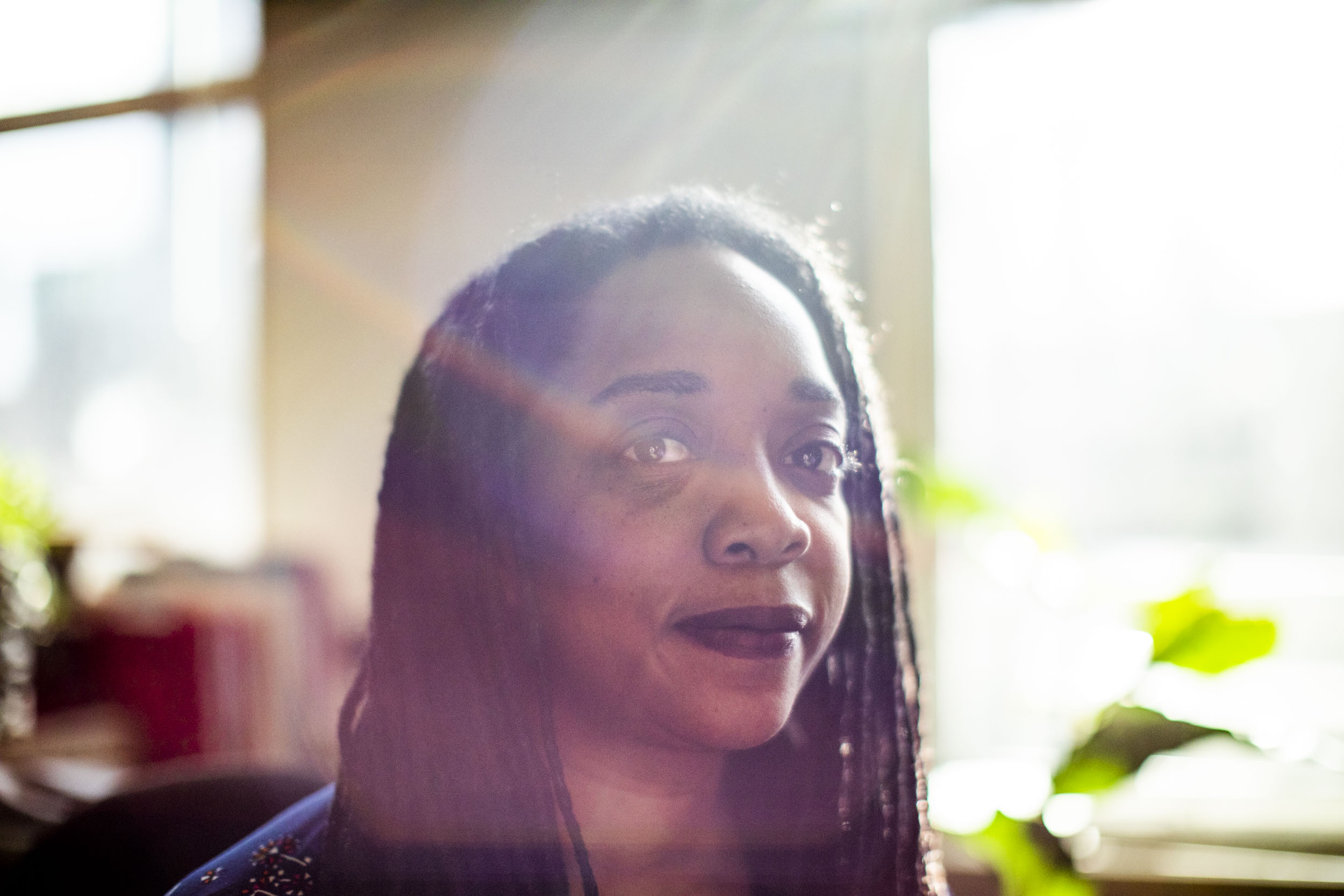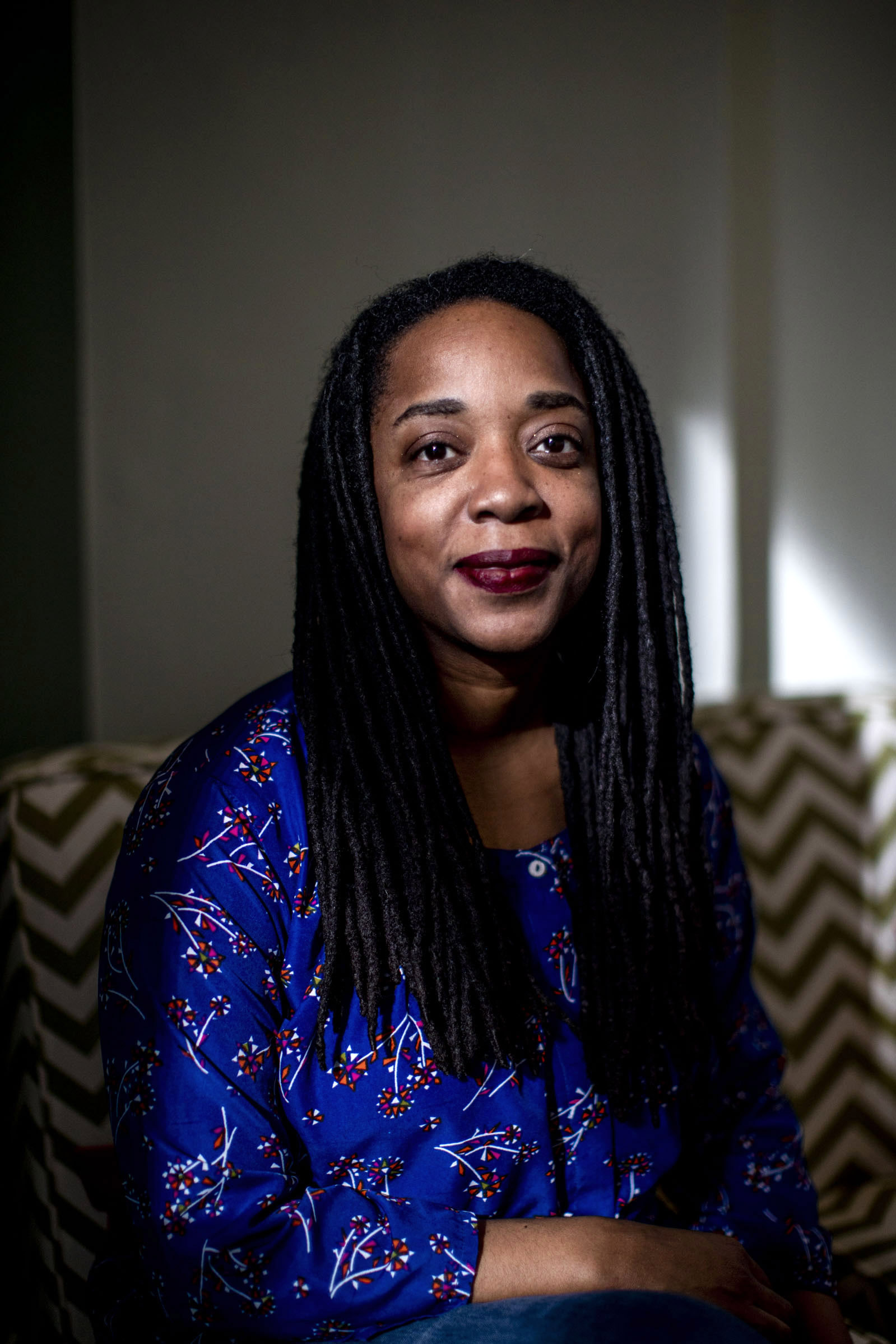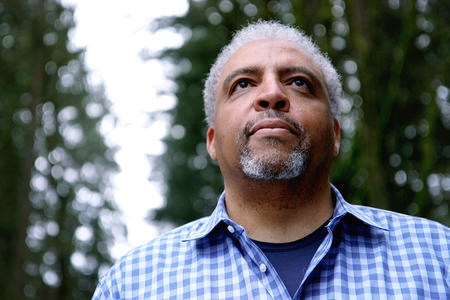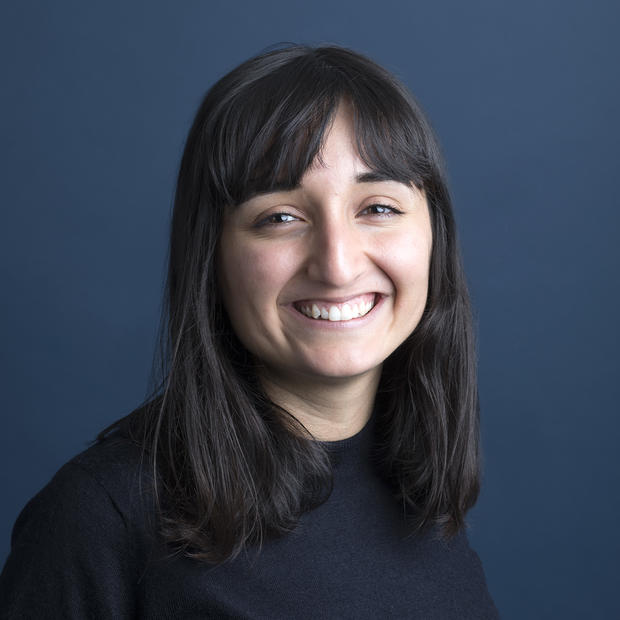This interview has been edited for clarity.
I was a nerdy kid — I was the kid who literally read the encyclopedia and the dictionary. In fourth grade, I taught myself basic algebra because I forced my mom to buy me an algebra book and I said, OK, now I'm going to learn algebra. The first year I was eligible, in sixth grade, I went to an environmental science camp up in the Ozark Mountains for a couple of weeks, and I have been obsessed with everything environment since then.
I had never been to a summer camp. I grew up very poor and even the concept was very outside what I was familiar with, going away to an overnight camp, away from your parents at that age. I didn't know anybody who did anything like that. So my teacher really had to talk me into it, and I got into this one called Meadow Creek. It was set up by these environmental scientists in the middle of nowhere, in this tiny town called Fox, Arkansas, in the Ozark Mountains. I applied, I got in and we drove there from my hometown, Pine Bluff, Arkansas, which has a fairly sizable African-American population.
We were going into the parts of Arkansas where no Black person would feel comfortable living or even being in for any extended period of time. We had to drive through those parts for several hours to get to the camp in the middle of the mountains. And it was scary as hell. We were almost like “ehhhhh, I don't know! Is this camp experience really necessary? I don't even know if we're going to make it through this place!” We were driving through legitimate sundown towns, where at one point in history, it was in the books that Black people could not be there after sundown.
I was the only Black kid there at the camp. That was a very different experience for me. Arkansas, then and now, is very segregated. More so back then in the ’80s. I did not go to school with any white people. I did not know any white people. There were only two white people in my life: One was a friend of my mom's from Germany, and the other was the door-to-door insurance man.
I did not experience discrimination at that camp the entire couple of weeks that I was there. It was this fantastic experience for me as a learner who was interested in environmental topics, but had never had an opportunity to really focus on them and explore them, and be out in the woods, picking flowers, identifying them with a group of other people, and, you know, exploring topics with another group of kids who were really excited learners.

These environmental studies to me began to encapsulate so many emotional things. It just became this space where things can be different than what they are. So I think for academic and emotional reasons, I was all-in on environmental studies at that point.
I was a classroom teacher for five years. There's always been a thread of environmental studies in it. When I came to the end of my teaching career, I was very particular about picking a job where I would be doing environmental work and also be helping people, in particular working-class people, as an opportunity to educate people about these topics. I was looking at a very, very narrow selection of jobs that would allow me to bring all of those passions to it, and so environmental policy and fighting off fossil fuels all the way in the Pacific Northwest happened to be the job that I took.
At Sightline Institute, I work on fossil-fuel work. We have a coal expert, we have an oil expert, and I'm the person who's an expert on natural gas and petrochemicals. For the past decade, [we’ve been] educating people in the community on why we on the West Coast don't have to become the home of large coal terminals and large oil terminals.
The fact that the environmental community is historically white-led is in no way reflective of public opinions on environmental topics. We've posted some research on Sightline showing that in recent studies, in terms of belief in climate change, you have a much higher belief in climate change among people of color than you do among the white population in America.
Our communities care about these issues, want to move on these issues fast. People use different language to talk about things. In [a middle-class Caucasian] household, they might talk about conserving and reusing and having a low-waste life cycle. In a Black working-class household, you're having the same conversation but in part you're conserving out of necessity. Just by the nature of class disparity, you have a lot of environmental conservation acts going on in working-class communities that are not necessarily envisioned primarily as an environmental act — but they're already doing it, right?

One mistake [environmental] organizations make when talking to these communities is not talking about it using their language and assuming that they're not already engaging in these activities. What you need to do is identify the ways that they're already engaging in activities to make it clear that what you're talking about is something that they're already engaging in and already something that is relevant to them.
When I was about 8 years old, one of my uncles told me: “All money ain't good money.” And I was like, “Excuse me? Yes, it is! When you're this broke, all money is good money.” I couldn't wrap my mind around the concept. But what I'm working on right now is in communities where people are pushing back and saying, “We don't want just any kind of job if we're going to have to lose all of these things — [if] our kids are going to get sick and our water's going to be poison, then we're not that desperate. We want jobs that are working within a clean economy.”
In these towns I sometimes visit, just like in the town that I grew up in, you have lower levels of educational attainment. People don't have access to college. Maybe they weren't interested in college. It didn't seem like a thing that fit with their life. So what I try to do is try to talk to people as somebody who did go through that whole process, [and] as someone who is one of them. I talk to them from my knowledge of what their perspective is, plus my knowledge of the technical aspects of a project.
What really drives me in life is the belief that people can and will make the best decisions for themselves and their communities if they have the right information, if they have accurate information, and if they take the time to think about the information critically.




